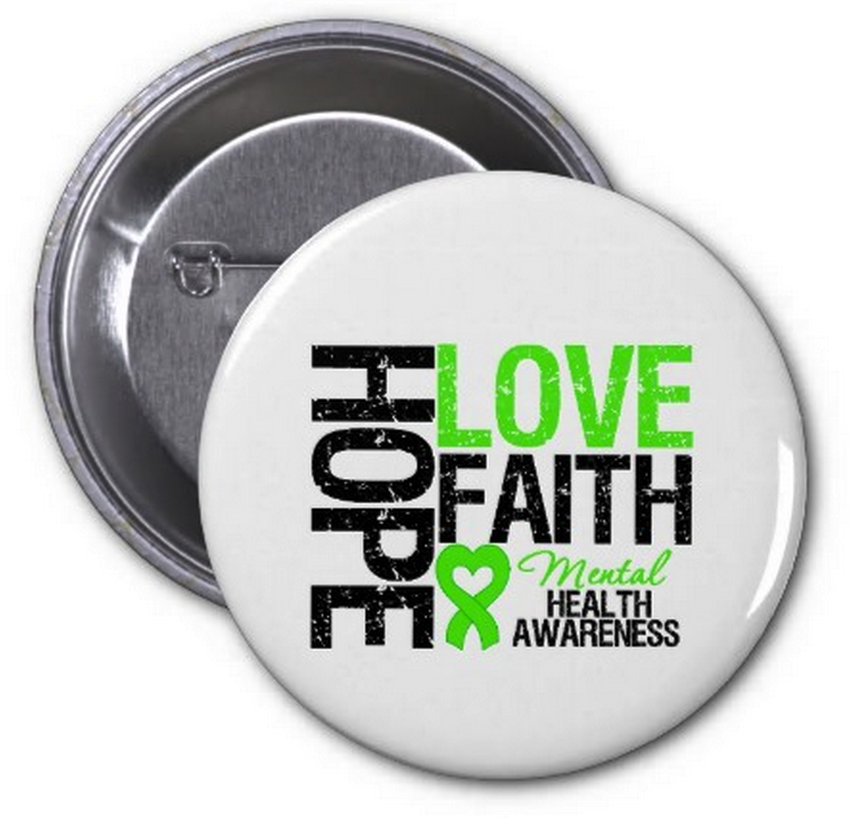Mental Health benefits | Understanding how Love impacts our daily lives and health

 Every individual has the capacity for love, it can hurt, and it can heal. There is no one way to experience it, and from that we can learn and grow and better our own mental health and those around us. Again, the choice is yours...
Every individual has the capacity for love, it can hurt, and it can heal. There is no one way to experience it, and from that we can learn and grow and better our own mental health and those around us. Again, the choice is yours...Love has been defined in various ways. From a deep feeling of affection, to the embodiment of virtues that always protects, trusts, hopes, and perseveres. And for centuries, humans have found ways to celebrate the existence of love.
Love is more than just an isolated feeling. Science continues to provide useful evidence that demonstrates what is experienced when we are involved in loving relationships, and the various various neurotransmitters and hormones in our bodies that affect us systemically. Every component in our bodies and in our lives has impact, good and bad.
Helping our patients understand the value and importance of maintain loving relationships may help them to benefit from love's positive effects on mental health. Talking about it is much easier than taking steps to fulfill it, so here and now, gaining perspective can help to create ways to take positive action.
In the book A General Theory of Love (2001), a trio of psychiatry professors, Thomas Lewis, MD, Fari Amini, MD and Richard Lannon, MD, describe it in the following way:
“Our nervous systems are not separate or self-contained; beginning in earliest childhood, the areas of our brain identified as the limbic system (hippocampus, amygdala, anterior thalamic nuclei, and limbic cortex) is affected by those closest to us (limbic resonance) and synchronizes with them (limbic regulation) in a way that has profound implications for personality and lifelong emotional health.”
Interestingly, we can actually see evidence of these connections when we explore research in this area related to stress management, depression, and anxiety.
The ability to adequately deal with stress, stress management, is a protective factor against mental illness.
British psychiatrist John Bowlby, MD, known for his seminal work in the area of developmental science, defined attachment as a “lasting psychological connectedness between human beings.” In Attachment (1969), Bowlby showed us the crucial importance of the secure relationship on the development of adaptiveness and coping capacity. And throughout our lifetime, this remains true.
Allostatic load, a psychological term coined in the 1980s, represents the physiological consequences of chronic exposure to stress. Positive social experiences and higher levels of social integration and support are associated with lower allostatic load in both young and older cohorts.1 From childhood until old age, being connected to others in secure and loving relationships helps our patients better deal with stress.
Depression and anxiety disorders are the most common mental health disorders in the United States, and social isolation is clearly linked to higher rates of depression and anxiety. So, with that, how can we help ourselves and those in need?
According to a Health and Human Services report, getting married and staying married reduces depression in both men and women. And research in the areas of physical health has shown that high levels of social support may actually improve prognosis in such conditions as cancer and myocardial infarctions by reducing symptoms of anxiety and depression that can often be associated with these illnesses. Accordingly, treatment of depression often times includes focusing on interpersonal relationships as a way to improve depression as is the case in attachment therapy in children and interpersonal therapy in adults.
Accordingly, treatment of depression often times includes focusing on interpersonal relationships as a way to improve depression as is the case in attachment therapy in children and interpersonal therapy in adults.
In addition, Emotionally Focused Therapy (EFT), which focuses on transforming relationships into ones that feels safe, secure and connected, have also been found to be effective in significantly reducing the symptoms of depression and anxiety.
Ultimately, encouraging our patients to be involved in loving and stable supportive relationships can potentially help in their recovery from common mental health illnesses.
Mahatma Ghandi once wrote, “Where there is love there is life.” Loving and stable relationships can help to improve a person's ability to manage stress and can help to decrease anxiety and depression. We are all social creatures.
As with all levels of providing the best treatments available, it is paramount to do our best being mindful to evaluate our patient's level of social connectedness, and always encourage them to develop and nurture stable and loving relationships. Love is a beautiful thing, sometimes we need to help people help themselves, it is ok to ask for help.photo by zazzle.com


